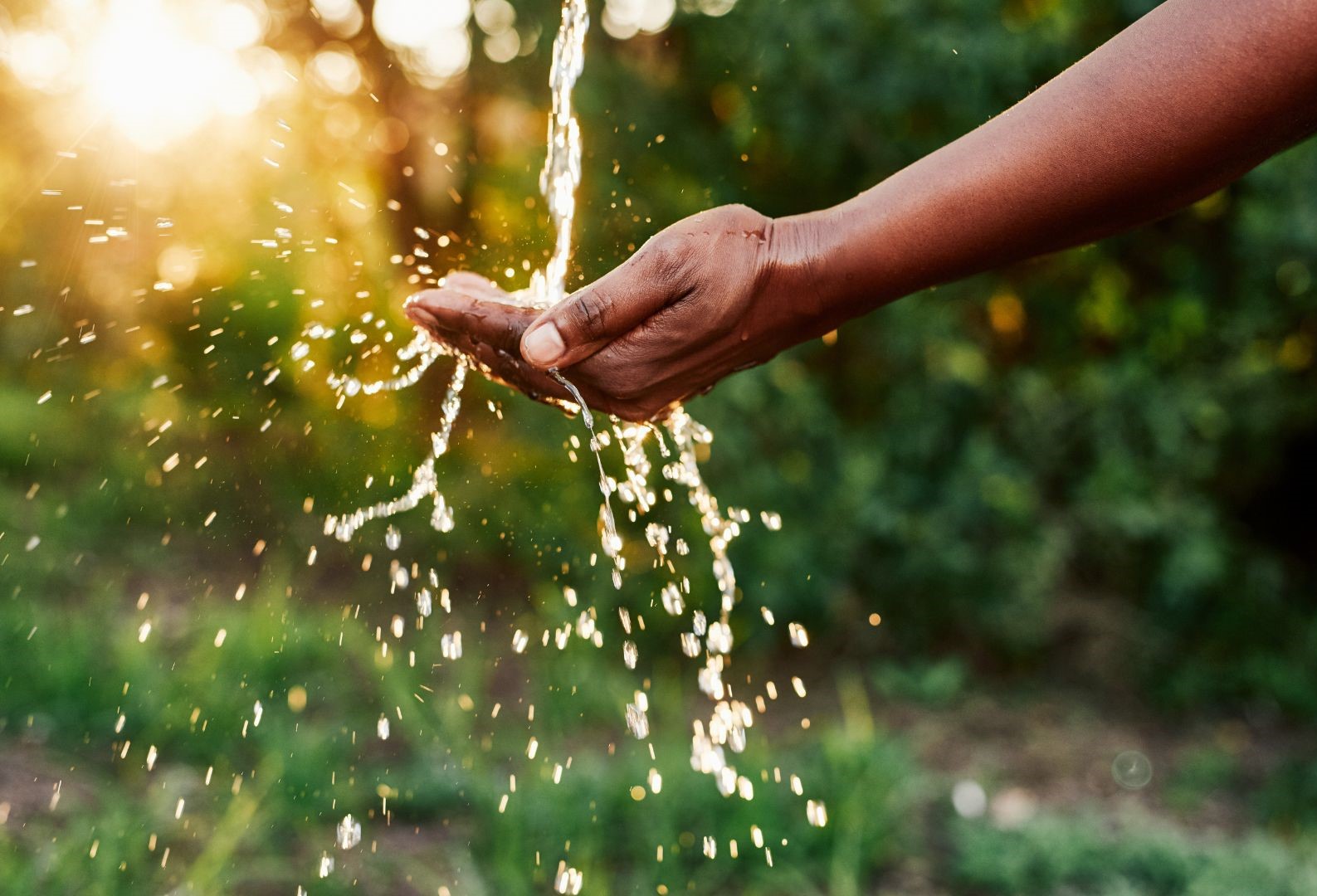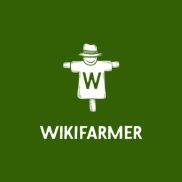What is water conservation?

This post is also available in:
This post is also available in:
![]() Ελληνικά (Greek)
Ελληνικά (Greek) ![]() Indonesia (Indonesian)
Indonesia (Indonesian)
Water conservation refers to all strategies, methods, and policies directed to the reduction of water losses, needs, and wastes. Irrigation consumes 60-70% of the total fresh water that can be used by humans. However, a great fraction of the used water is wasted. Broken pipelines, leakage on them, evaporation from water reservoirs, furrows, and unsuitable soil result in water loss and waste. Some irrigation systems are more efficient than the use of furrows, floods, or sprinklers. Subsurface and drip irrigation are efficient irrigation methods as they deliver the water near the root zone.
Harvesting rainwater is a practice that can save water. During heavy rain, the excess water runs off, creating flood problems. Farmers or communities could build infrastructure to collect and use rainwater during a drought. An essential strategy in water conservation is protecting groundwater resources. Human activities, agrichemicals, and hazardous wastes contaminate the water, turning it unfit for human use.









































































